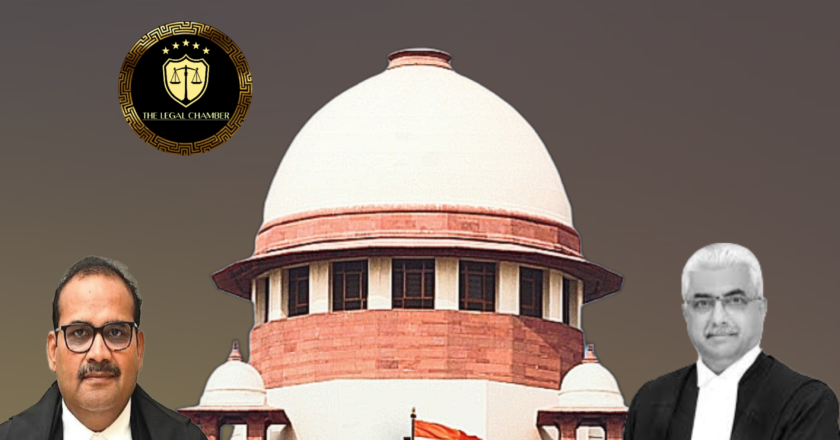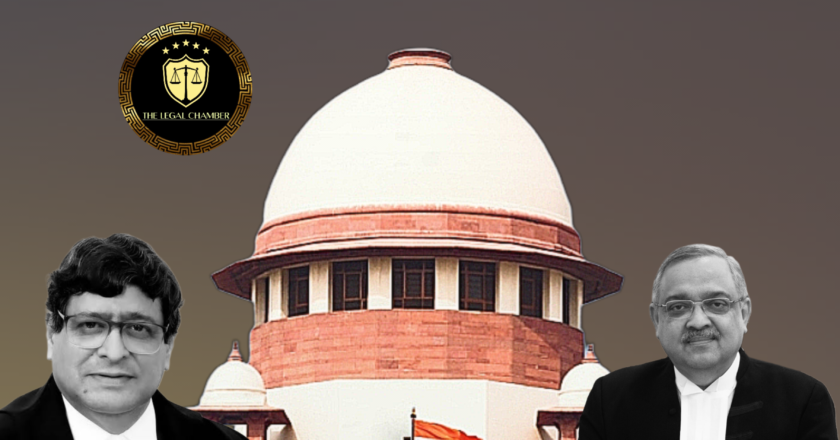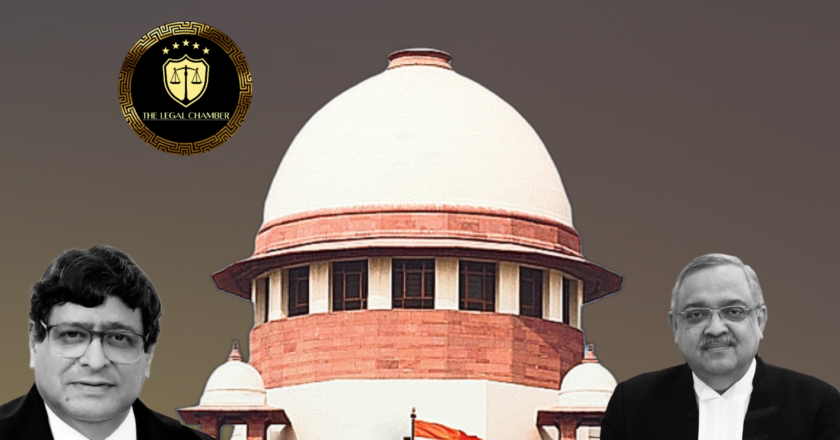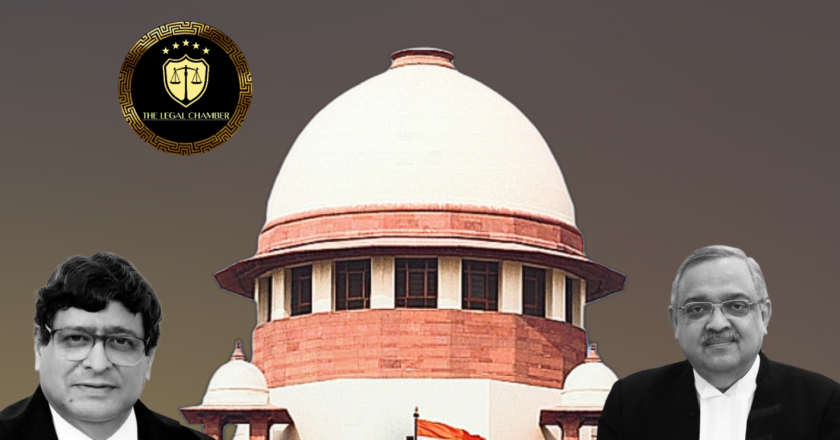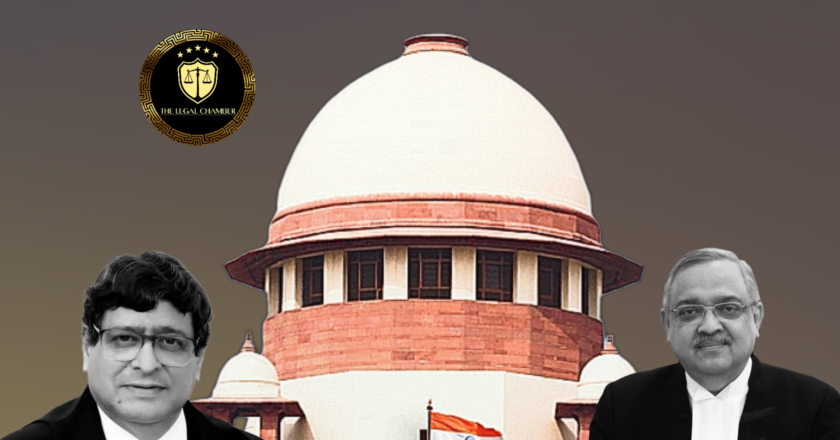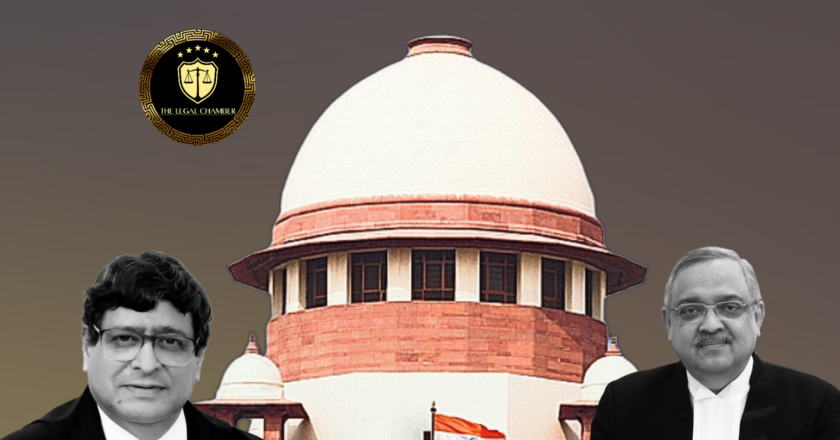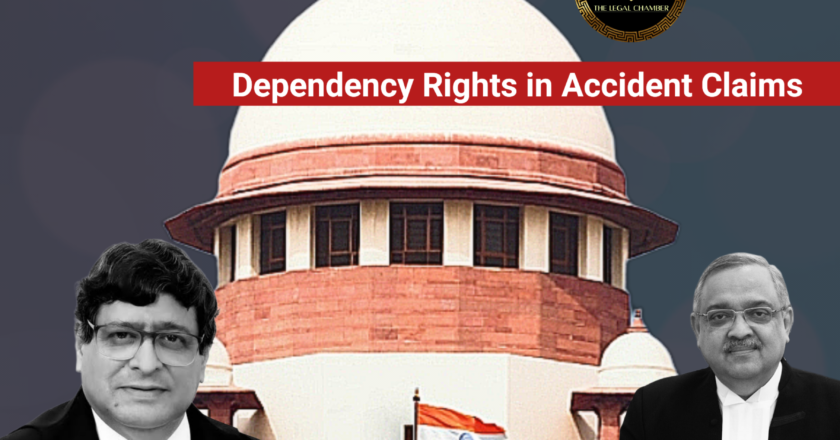Supreme Court Clarifies Compensation Rules Under MV Act: Insurer Liable Despite Negligence Claims
The Supreme Court held that under Section 163A of the Motor Vehicles Act, 1988, proof of negligence is not required for claiming compensation, as the provision operates on a structured formula basis. The Court emphasized that compensation must be computed as per the Second Schedule of the Act, excluding non-scheduled heads like loss of love and affection. It ruled that the deceased, being a third party to the offending vehicle, entitled the claimants to compensation, payable jointly and severally by the insurer of the offending vehicle. The judgment clarified that Section 163A has an overriding effect over other provisions of the Act, ensuring expedited compensation without fault liability adjudication.
Facts Of The Case:
On the night of November 15, 2006, Surender Singh was driving a tr...
